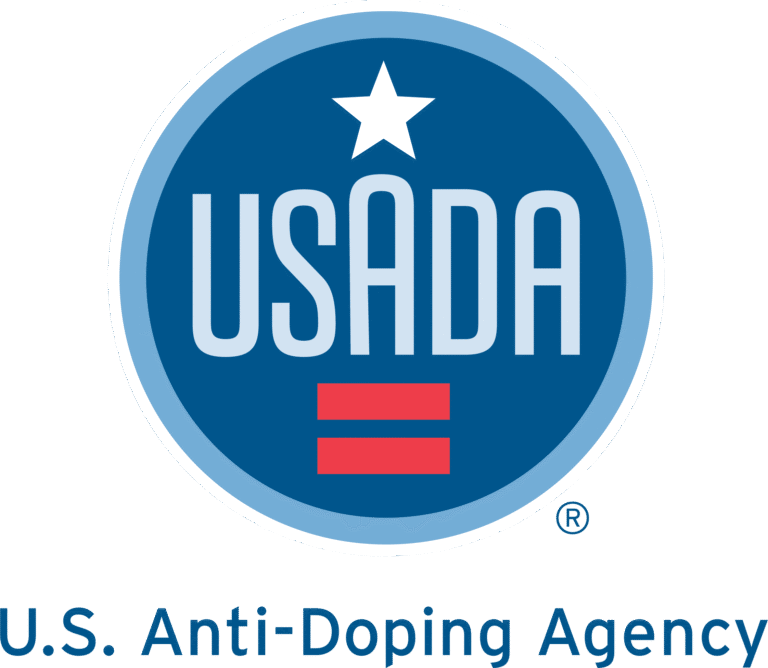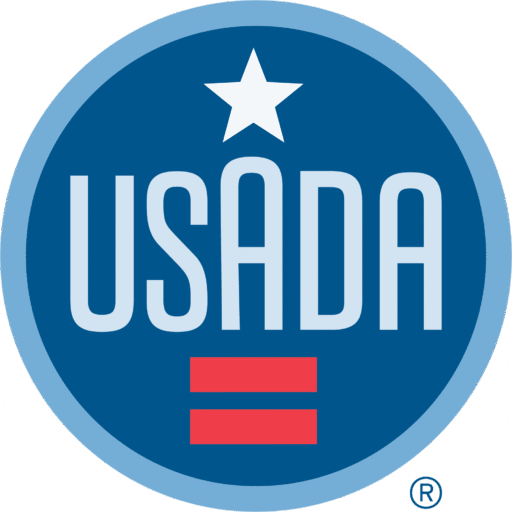To take part in elite competitions, many athletes must comply with the World Anti-Doping Agency Prohibited List, a strict global standard that prohibits the use of certain substances and methods because of their potential to enhance performance and cause negative health effects. The WADA Prohibited List is an internationally recognized standard, with more than 660 signatories, that helps ensure that athletes can compete on a level playing field around the world.
Among its various Prohibited List resources for athletes and their support personnel, USADA publishes substance profiles to highlight vital information about high-risk substances, including ostarine.
What is ostarine?
Ostarine is the trademarked name for a Selective Androgen Receptor Modulator (SARM) that is not approved for human use or consumption in the U.S., or in any other country. In recent years, WADA has reported an increasing number of positive tests involving SARMs, and athletes who use these substances most likely obtain them through black market channels.
Research has shown that SARMs like ostarine have fewer androgenic properties, meaning they have less influence on the development and balance of male hormones, including testosterone. While they are not yet approved for human use, SARMs are of interest to the medical community because they might be effective at treating different health conditions without resulting in the negative side effects of steroids. Ostarine is currently being investigated as a way to treat a variety of muscle wasting diseases, such as osteoporosis, cancer, and hypogonadism.
Is ostarine prohibited in sport?
Yes, ostarine is prohibited at all times under the S1 Anabolic Agent category of the WADA Prohibited List. The number of positive tests involving ostarine has increased steadily over the past few years, with WADA reporting 28 globally in 2015.
Do everyday products contain ostarine?
There are in fact products that contain ostarine, but only illegal ones. Given that ostarine is not approved for human use or consumption in the U.S., or in any other country, there are no legal medications that contain ostarine.
It’s also important to note that ostarine is not a permitted ingredient in dietary supplements. However, you should be aware that some dietary supplement manufacturers illegally put SARMs like ostarine in their products and sell them as “legal steroids” or “research only” chemicals. Moreover, they may omit ostarine from the label entirely, or use misleading names to confuse consumers. For example, ostarine may also be called enobosarm, MK-2866, or GTx-024. Some examples of supplements that contain ostarine can be found on the Supplement Connect High Risk List. Click here for an advisory on ostarine in supplements.
What are the health risks associated with ostarine?
Because ostarine is still being investigated for use in humans, the side effects have not been fully characterized yet. For recent information on the effects of ostarine, take a look at this 2013 study from the National Center for Biotechnology Information.
What if I need to use ostarine as part of a medical treatment?
Keep in mind that ostarine is not currently available as a prescription medication in any country. No matter what medical condition you have, your doctor is not legally allowed to prescribe ostarine to you as a treatment.
More reading on SARMS and ostarine:
https://www.ncbi.nlm.nih.gov/pmc/articles/PMC4898053/
https://pubchem.ncbi.nlm.nih.gov/compound/11326715#section=Top
Need more information?
Research your medications on GlobalDRO.com.
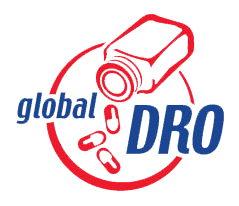
Learn about supplement risks on Supplement Connect.
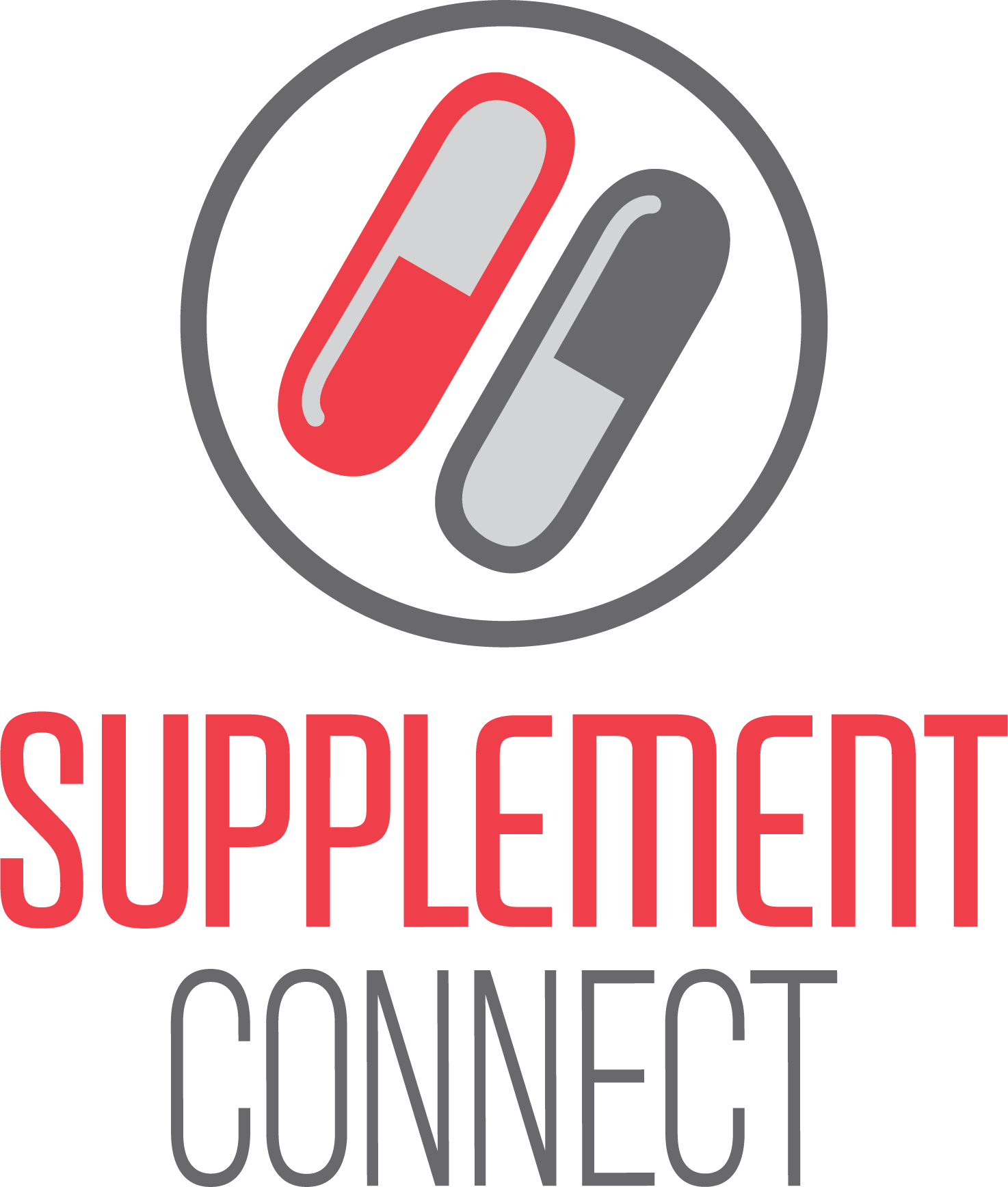
Contact Athlete Connect with questions:
(719) 785-2000 or toll-free (866) 601-2632
AthleteConnect@USADA.org

